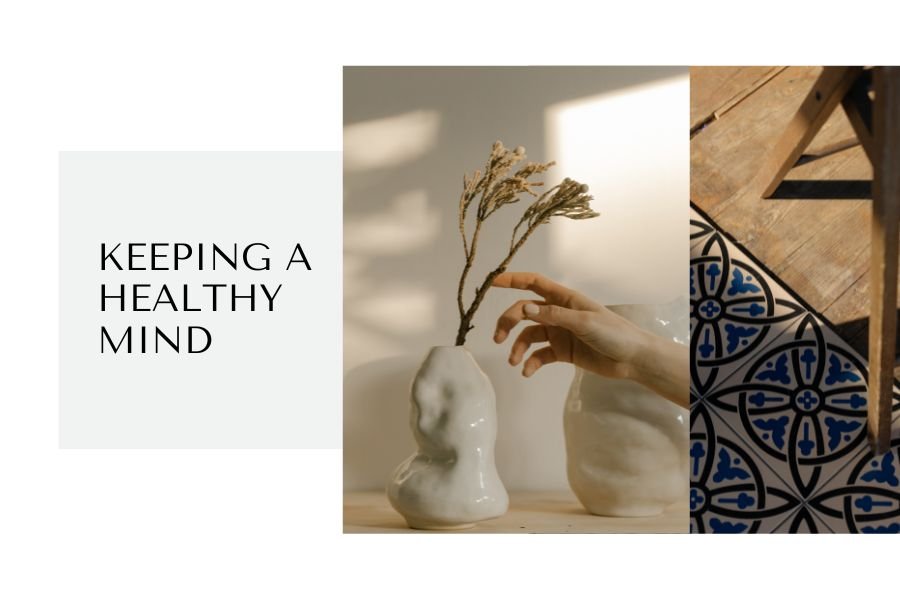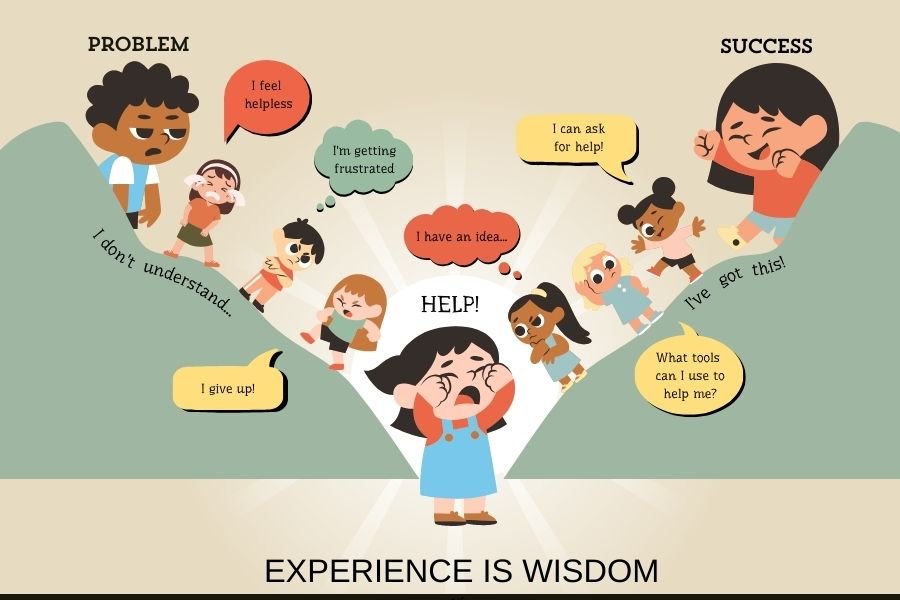Many young adults are grappling with loneliness and disconnection in today’s fast-paced world. A staggering 61% of them report experiencing these emotions regularly. This sense of isolation is more than just a fleeting feeling; it’s a widespread issue that can significantly affect mental health and well-being.
Young adults in the U.S. report twice the rates of anxiety and depression as teens, with 36% of young adults reporting anxiety and 29% reporting depression.
Reports on a study show that depression and anxiety symptoms have doubled in children and adolescents compared to pre-pandemic times. And rightly so, adults today face tenfold pressure than their previous generation to perform better. Youngsters feel the absence of a listener and find it extremely hard to find help around immediately.
Young people may find it challenging to access immediate help due to various barriers such as stigma, lack of awareness, or insufficient mental health resources. Trusted adults play a significant role in providing support. Young people are encouraged to contact parents, teachers, or other trusted figures when they need help.
These findings highlight the need for more accessible mental health services and the importance of fostering environments where young people can openly discuss their mental health without judgment. Creating supportive spaces can significantly impact their well-being and help them feel a sense of belonging and being heard.
Navigating the challenges of modern life, especially for young adults, often feels overwhelming. The constant pressure to succeed and the endless stream of information can make self-care seem insurmountable. When we fail to take care of ourselves, it can feel like we’ve let ourselves down, leading to a cycle of anxiety and stress. This phenomenon, where the anxiety about anxiety or the stress about stress compounds, is all too common.
To address this, we must understand that bringing calm into our lives requires intentional effort. Our approach focuses on listening first. We must understand your life and unique challenges before any meaningful change can occur. Listening to your problems is the first step in curating a calming experience tailored specifically for you.
Meditation is a powerful tool in achieving calm. However, it’s essential to recognise that different forms of meditation offer various benefits and come with their challenges. For instance, mindfulness meditation might not be suitable for someone experiencing PTSD, as it involves living in the moment and could prolong discomfort during episodes.
Our goal is to bring calm by silencing the noise around us and opening the eyes of the mind. This process is most effective when guided by someone else rather than attempting it alone. Just like a massage feels better when given by another person, guided meditation can provide a more profound sense of relaxation and peace. And you will have your compassionate buddy helping you from the beginning that never ends.
We at Antaha focus on young adults by first listening to their challenges and understanding what’s inside their minds. From there, we curate an experience that addresses their specific needs. We handpick practices that align with their goals and provide ongoing support to sustain these benefits.
This personalised approach ensures that each individual receives what they need to find calm. Our retreat experience is about understanding your unique needs and delivering tailored solutions that promote lasting well-being. We encourage young people to join us and build a vibrant community of individuals who help themselves and each other navigate mental health and live joyfully.














